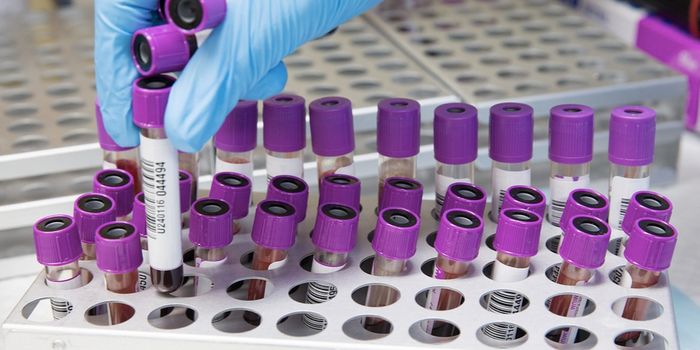How HPV might actually defend against skin cancer
New research from scientists at Massachusetts General Hospital features findings that suggest that immunity to certain strains of HPV (human papillomavirus) might serve to protect humans from skin cancer. The study was published recently in Nature.
HPV has been previously shown to be related to an increased risk with particular cancers such as cervix, vulva, penis, and anus. The discovery that the presence of HPV could play a beneficial role in preventing cutaneous squamous cell carcinoma (SCC) skin cancer was surprising to the researchers.
In conducting the study, lead author Dr. Shawn Demehri and fellow researchers analyzed mice models and human tissue models to see how beta-HPV, a genus of HPV present in many of the skin cancers of patients who have had organ transplants, affects the human immune system. They found that the immune response to HPV seen in mice acted to defend against SCC after the mice were exposed to carcinogenic UV. They also found that transplanting T cells from those mice exposed to HPV into mice with immunodeficiencies actually caused the former mice to gain protection against skin cancer.
This finding is making scientists reconsider how we see HPV. "This is the first evidence that commensal viruses could have beneficial health effects both in experimental models and also in humans. The role of these commensal viruses, in this case, papillomaviruses, is to induce immunity that then is protecting patients from skin cancers," commented Dr. Shawn Demehri.
They also say that this new knowledge could open doors for novel immunotherapies. "T cell-based vaccines against commensal HPVs may provide an innovative approach to boost this antiviral immunity in the skin and help prevent warts and skin cancers in high-risk populations."
Sources: Nature, Medical News Today









